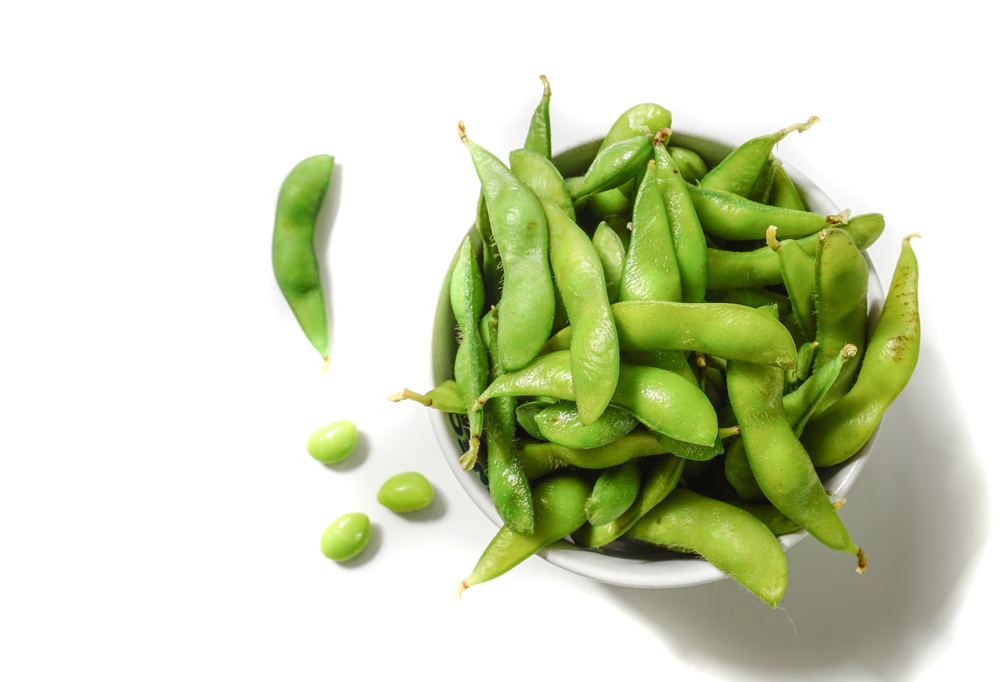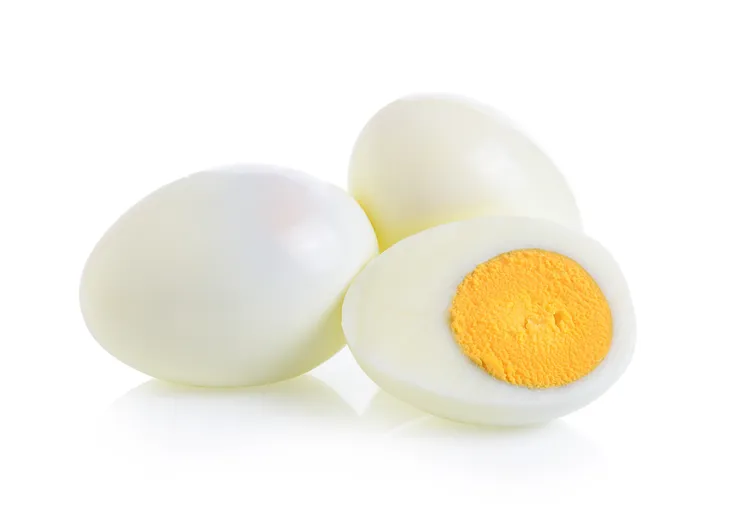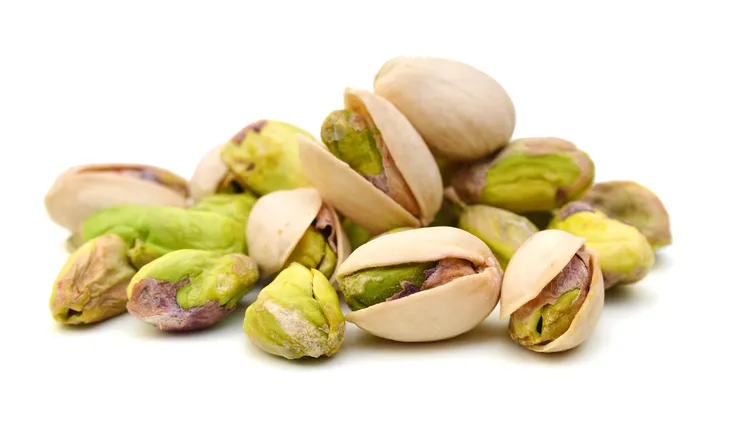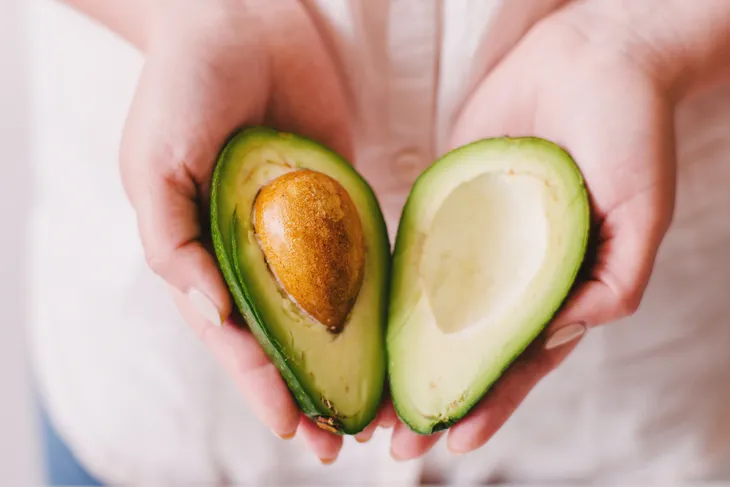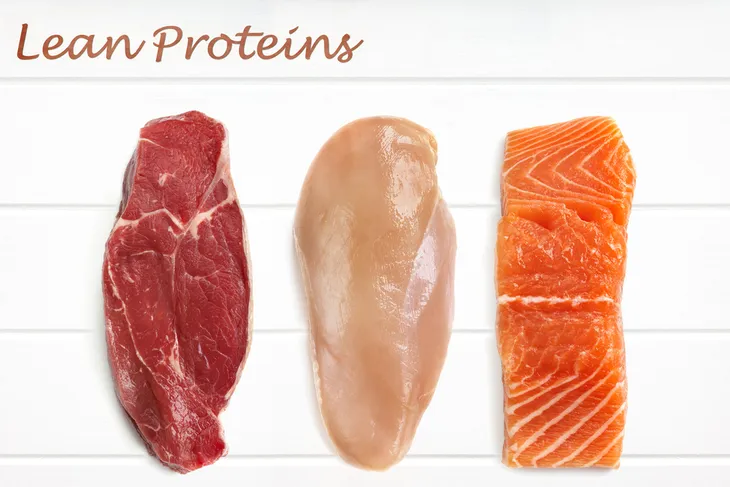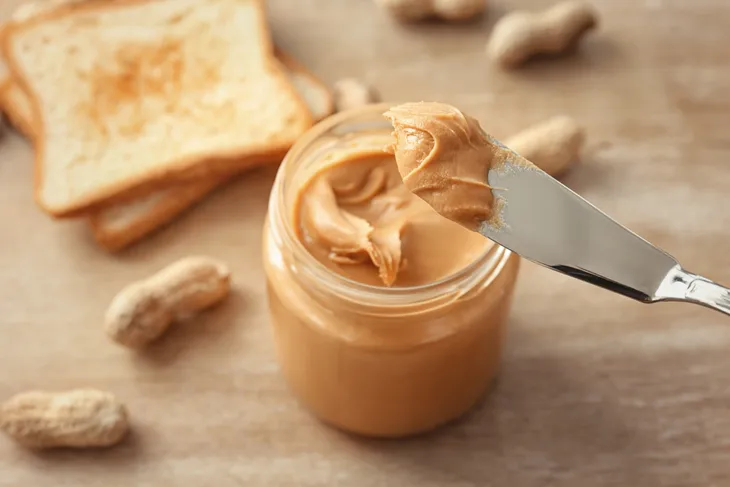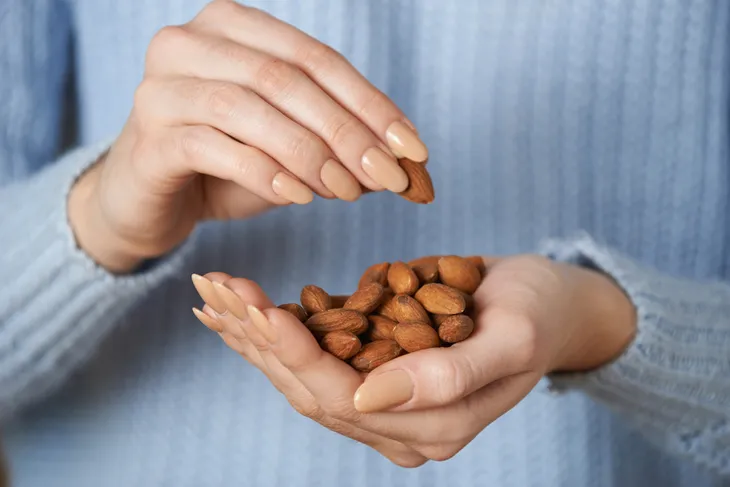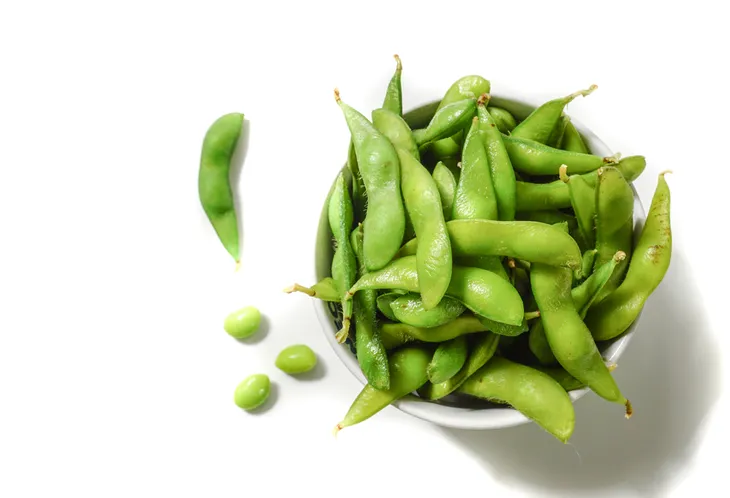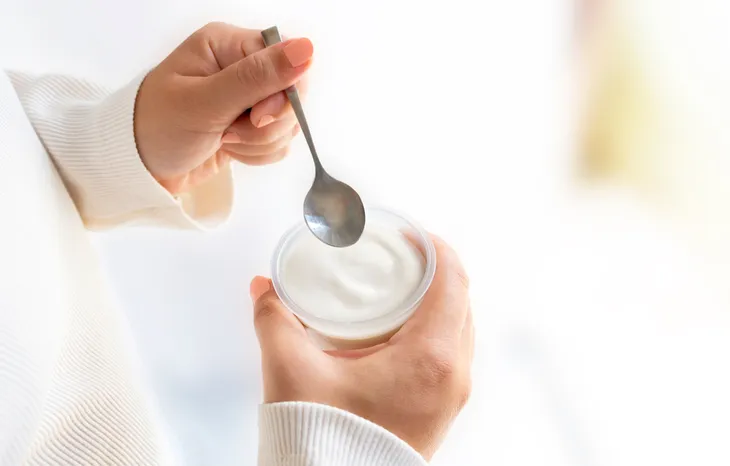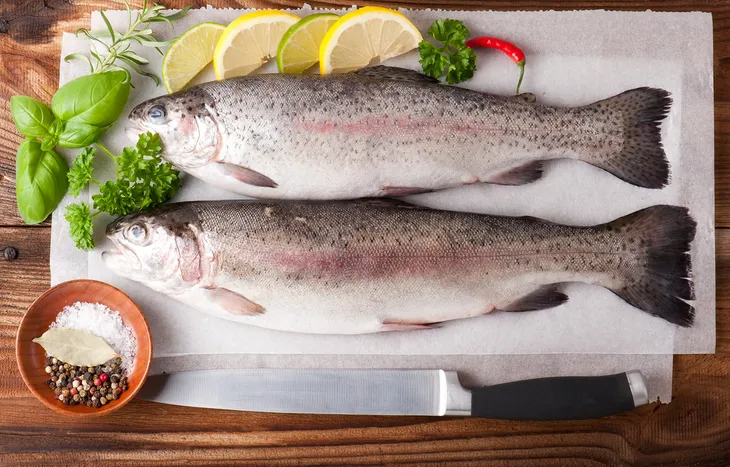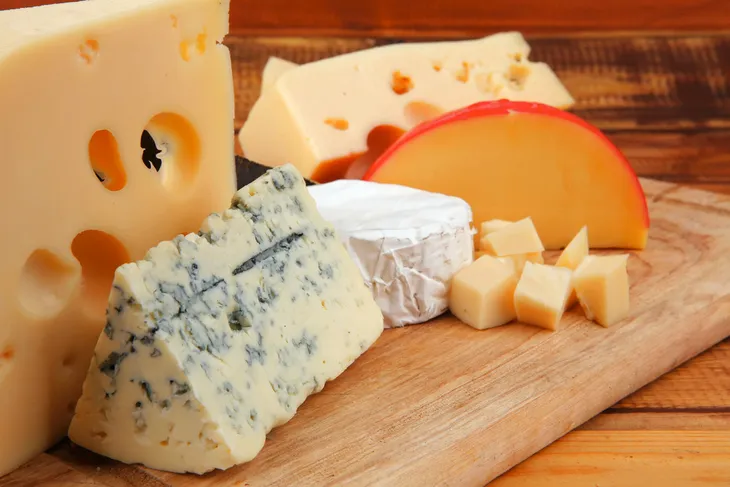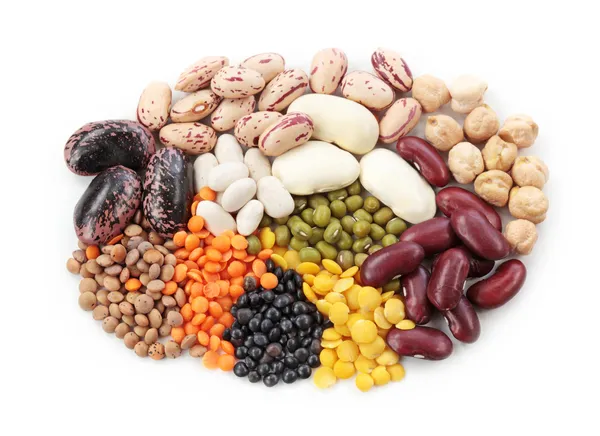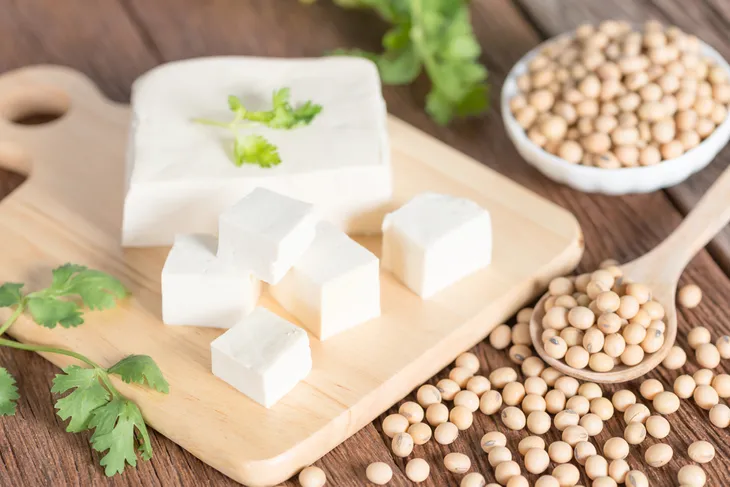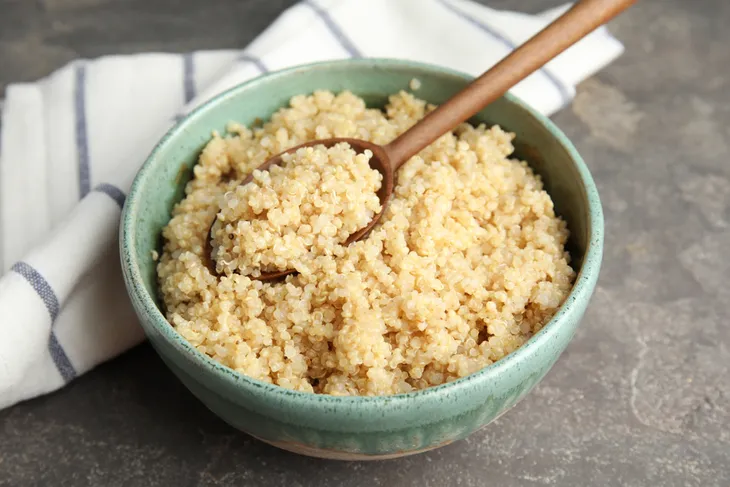You’ve heard you need to have a sufficient amount of protein, but why exactly? Well, as WebMD points out, there are many ways your body uses protein – so it’s quite important you get healthy doses of it on the regular. Sources note that you should be getting around 50-grams of protein per day (slightly more for men than women).
Not only does your body use protein to build and repair tissues, it’s also an “important building block” of bones, muscles, cartilage, skin, and even blood, adds the source. Unlike some vitamins and nutrients, you actually need quite a bit of protein for optimal health – so without eating more, let’s look at 13 foods (meat and veggie) that will deliver a bigger protein punch…
An Eggcellent Source
Pardon the pun, but if you don’t have an aversion (or allergy) to eggs, then you should consider adding it to your diet if you haven’t already. Healthline notes whole eggs – meaning the egg whites and the yolk – are considered “superfoods,” meaning you’ll get protein along with a lot of other good stuff.
The source says an a single hard-boiled egg contains 6-grams of protein, 5-grams of healthy fats, along with vitamins A, B5, B12, B2, B6, D, E, K, calcium, zinc, phosphorus, and selenium. Hard to find another food that has this much nutritional value… although the yolks are high in cholesterol.
Protein-y Pistachios
Women’s Health touts these tasty nuts with having an especially high content of protein – to be more specific, it says 30-nuts contain 3-grams of it. Without saying as much, we’re assuming 30-at a time is a healthy snack-sized portion.
While relatively high in protein, 30-nuts contain just 100-calories and 5-grams of carbohydrates, so it’ll satisfy your hunger cravings and “won’t break the calorie or carb bank,” adds the source.
Avocados are Ace
The younger generations have faced some criticism recently for their love of avocado on toast, noting it’s not the best use of money if they’re aiming to buy real estate. However, young people have defended their avocados, and we defend these spreadable fruits too.
It’s not anything about the hip-ness of eating avocado toast at a fancy brunch spot – which is all fine and dandy, if that’s what you’re going for. Our reason to support the avocado is the healthy content – including the fact it’s 2-percent protein. It’s also low in sugars (glucose and fructose) compared to other fruits, as well as being a good source of fiber and healthy fats (mainly something called oleic acid) which Medical News Today says may help protect against heart disease, diabetes and even cancer.
Lean and Mean Proteins
The white meat of chicken and turkey is a source of “excellent, lean protein,” notes WebMD. This doesn’t mean the delicious dark meat of these birds aren’t delivering protein – it means dark meat is a “little higher” in fat, it adds. How much protein does a chicken breast have, for example? Sources pin it at around 31-grams per 100-grams of meat.
WebMD also explains that the skin of chicken and turkey is loaded with saturated fat, which is not 1-of the “good” fats. Remove the skin before cooking, it suggests. Keep in mind you’ll also lose some protein content with the skin, but it’s still a sufficient amount without it. Oh – and it’s not just poultry that can be lean meat. There is such thing as lean beef, lamb and pork.
It’s in The Butter
Peanut butter, that is. Apparently this spreadable edible made from peanuts is such a rich source of protein that it regularly gets mentioned in bodybuilding forums, and BodyBuilding.com calls it a “super sports food.”
The source touts peanut butter for its ability to help you feel full, its heart-healthy benefits, and of course, it’s protein content. The website notes that 2-tablespoons of peanut butter, which is “the amount in an average sandwich,” provides 7-grams of it. Of course, not all peanut butters are made the same – there are “natural” varieties that don’t have the same levels of sugars, corn syrup and hydrogenated oils (or none at all).
Joy of Almonds
A handful of almonds rivals the amount of protein you’ll get from a lean cut of meat. SFGate.com explains that just 1-almond contains 0.25-grams of protein, so a fistful of 10-almonds is good for 2.5-grams.
The source goes on to say that a normal snack portion of almonds is about 1-ounce (or 23-almonds), which is around 6-grams of protein. Most of the fat content in almonds is unsaturated fat, which is actually heart-healthy, and there are many vitamins and trace elements in there as well, it adds.
Add Some Edamame
This soybean is sometimes brought at the beginning of a meal, but of course can be eaten on its own as a snack. Unlike some other plant-based proteins, LiveStrong calls it a “complete protein” because it contains all 9-essential amino acids.
The source says that this green bean is ideal if you’re a vegetarian looking to pack some protein back into your diet. It’s also cholesterol free and is low in saturated fat, while being high in dietary fiber and Vitamin C. And they taste pretty good. What’s not to like?
Think Like the Greeks
Apparently Greek yogurt has more benefits than “regular” yogurt, but neither is going to harm your diet. Greek yogurt has been strained to remove a lot of the liquid whey, lactose, and sugar, and has roughly double the protein of traditional yogurts, according to an article from U.S. News.
The source says the high protein content of the Greek yogurt variety has 15 to 20-grams of protein per 6-ounce serving, which is the equivalent of about 3-ounces of lean meat and helps promote a feeling of fullness. “Regular” yogurt has around 9-grams of protein for the same serving size, it adds.
Fishing for Protein
Those gilled creatures from the sea are brimming with protein. Men’s Fitness has a list of the 10-best fish proteins, with salmon high on the list – not only does it pack healthy fats and high levels of B vitamins, it also “is hands down one of the best proteins you can add to your diet.”
Other healthy sources of fish protein according to the source are trout (40-grams per 6-ounce serving), sardines, tuna, mackerel, cod, haddock, flounder, perch, and halibut, the latter which weighs in at 36-grams of protein per 6-ounces.
Say Cheese More Often
While not suitable for all diets, cheese is an especially high source of protein – some types more than others, as noted by SFGate. It notes that the cheeses with the lower moisture content (that is, the harder cheeses) will deliver more protein than the soft varieties.
That being said, Parmesan has the highest protein content (10-grams per 1-ounce) and can be grated. The source says most other cheese have around 6 to 7-ounces of protein per ounce, including cheddar, Brie, blue cheese and mozzarella. Spreadable soft cheese has the lowest protein content (less than 3-grams per ounce), says SFGate.
Beans for Proteins
Good ol’ beans you might have been eating all along are actually boosting your protein content significantly. LiveStrong has a list of particular beans that are especially high in protein content.
Among those beans are soybeans (we already mentioned edamame in the green soy variety), but yellow soybeans also pack a healthy protein punch. Other high sources include navy beans (15.8-grams of protein per 1-cup serving), black beans (15.2-grams per 1-cup), and pinto beans (14-grams per 1-cup), says the source. Lentils are part of the legume family that beans are included in, and (uncooked) lentils have about 50-grams of protein per 1-cup, according to the USDA.
Tofu it Up
Tofu is a soybean product, and we’ve already told you that soybeans are pretty heavy on the proteins. So it’s no surprise that Bodybuilding.com lists tofu among its top 40-protein sources.
The source says that tofu delivers about 12-grams of protein per 3-ounce serving, and that tofu works well in a stir-fry, or even on the grill “to infuse them with some smoky flavor.” You can use tofu as a substitute for protein powder in smoothies, it adds.
Meet The Quinoa Quota
The same source says this ever-increasingly popular side dish – which is “technically a seed” but is often used in place of rice – packs about 8-grams of protein per 1-cup serving.
It says that as far as whole grains are concerned, quinoa “is a rarity in that it contains a full arsenal of essential amino acids, meaning that it’s a complete protein with muscle-building potential.” You can enhance its flavor by toasting it in a dry skillet before simmering in water, it adds.
